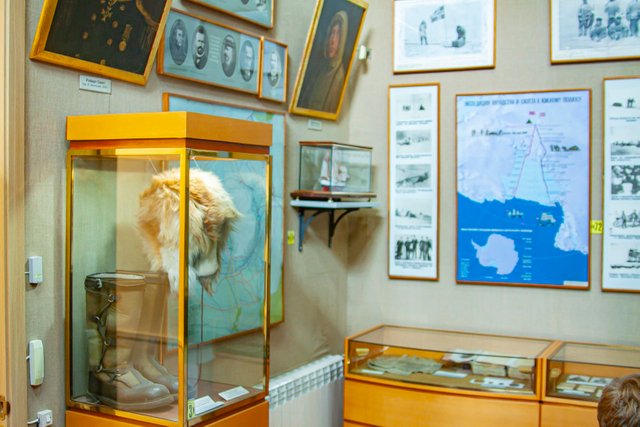
Hello to all travel lovers! Today I am publishing the final part of my report on my visit to the Museum of the Arctic and Antarctic in St. Petersburg. In previous publications, I talked about the section dedicated to the Arctic, and began a story about the museum's Antarctic collection.
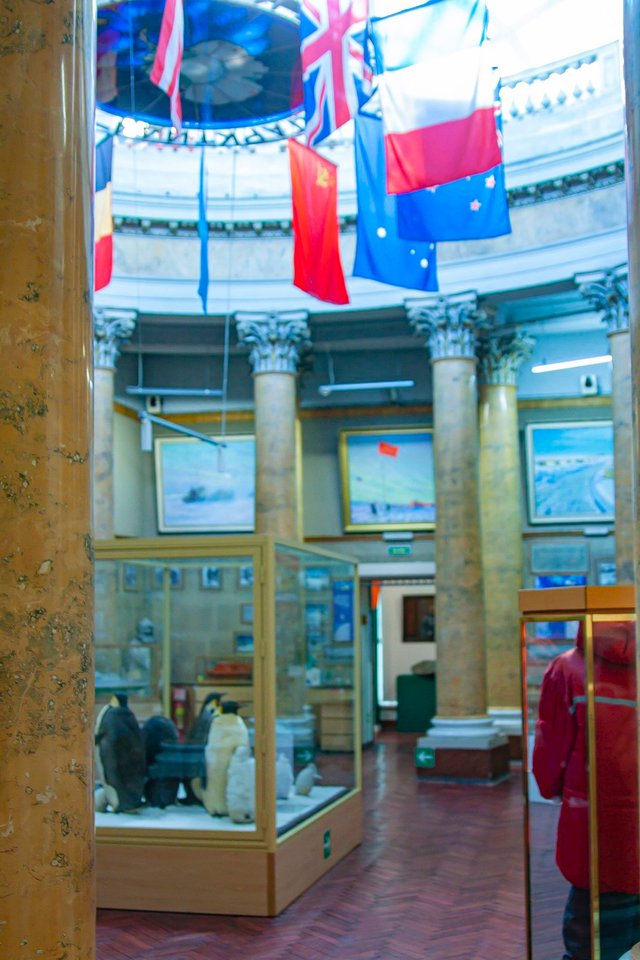
ONLINE REFERENCE: The museum's collections contain photographs depicting many significant events in the Arctic, including the initial period of the world's first Arctic linear icebreaker Ermak (1899-1901), the activities of the Hydrographic Expedition of the Arctic Ocean (1910-1915), a trip on the icebreaker Krasin to rescue participants of the Italian expedition on the airship Italy (1928), the work of the first drifting stations of the Joint Venture and the first Soviet Antarctic expeditions. RSMAA has archives of famous polar captains, Soviet polar explorers, as well as designers of the first nuclear icebreaker Lenin and the nuclear icebreaker Arktika.

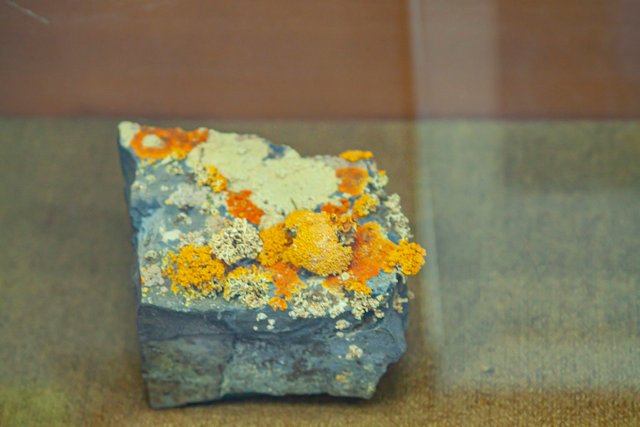
Generally speaking, the volume of the exhibition is very wide. I have already talked about authentic instruments and devices that were once installed on ships, about the flora and fauna of the Arctic and Antarctic. By the way, there are real dwarf pines and dwarf birches that grow beyond the Arctic Circle.


If you look at it from the outside, these are the most ordinary plants, with the same chromosome set, but under the influence of cold and snow they turned into tiny trees no more than half a meter tall. If you don't know what kind of plants they are, in the polar desert they can be mistaken for grass or small shrubs.
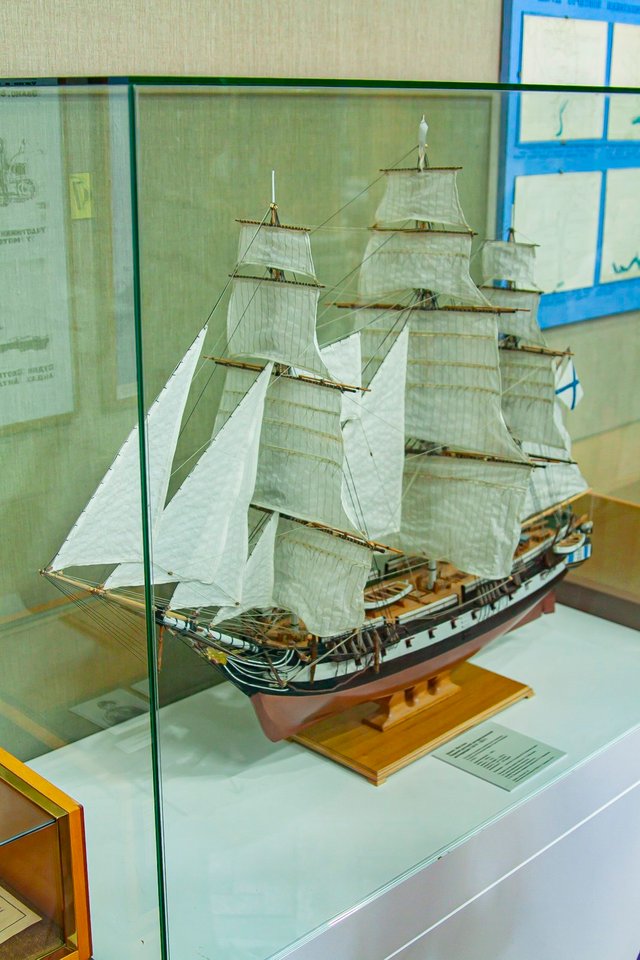

There are very beautiful dioramas in the Antarctic zone of the museum. They are similar to those on the ground floor of the museum, but some have a half-ice ocean marked on them. As for the flora and fauna of the Antarctic pole, there is a much greater variety of species. On one of the stands, I found a mock-up of a section of the seabed. It somewhat resembles a coral shelf, although no corals, of course, are found in Antarctica - there are completely different species of animals and plants that forage the ocean floor.
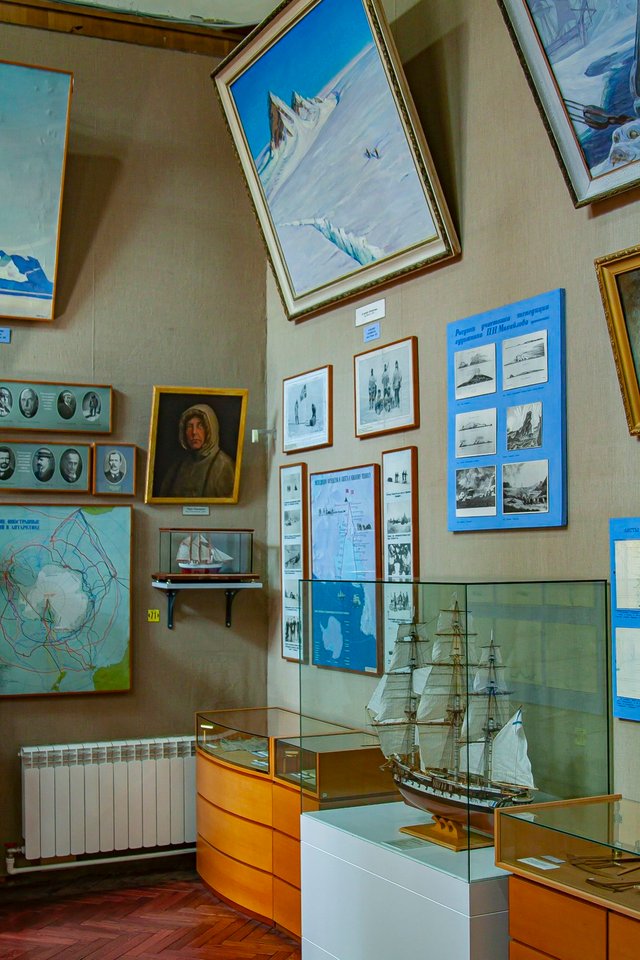

Antarctic stations are unique in their essence. Since Antarctica is an exceptionally peaceful continent, stations from different countries of the world are located here. All of them are purely scientific. There are even some that test future crews for space flights to Mars.
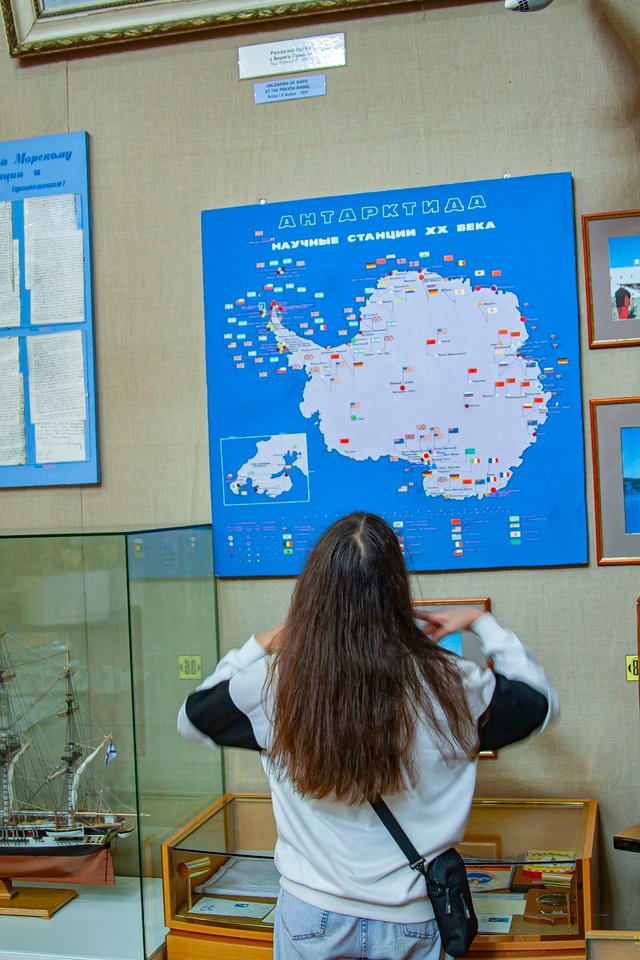

My daughter and I left the museum very impressed. To be honest, I didn't even know that there was such an exhibition in St. Petersburg. That day, we walked around the city for a while, then went to one of the universities. Read about our further adventures in this wonderful city in the very near future. And that's it for today!

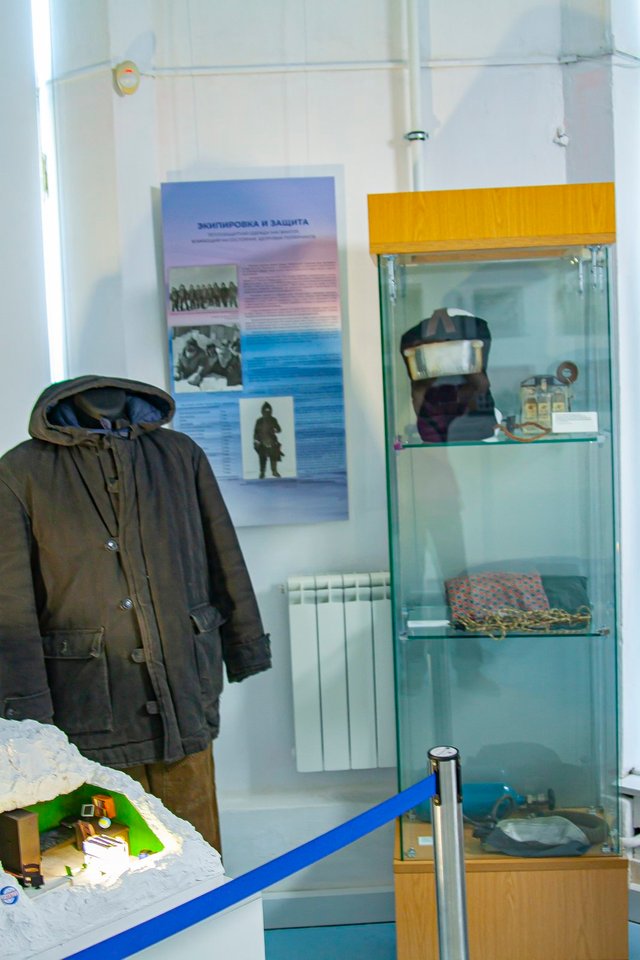
Привет всем любителям путешествий! Сегодня я публикую заключительную часть своего отчёта о посещении музея Арктики и Антарктики в Петербурге. В прошлых публикациях я рассказал о секции, посвящённой Арктике, и начал рассказ об Антарктической коллекции музея.

СПРАВКА ИЗ СЕТИ: В фондах музея хранятся фотографии, запечатлевшие многие значительные события в Арктике, в том числе начальный период существования первого в мире арктического линейного ледокола „Ермак” (1899—1901 гг.), деятельность Гидрографической экспедиции Северного Ледовитого океана (1910—1915 гг.), поход на ледоколе „Красин” для спасения участников итальянской экспедиции на дирижабле „Италия” (1928 г.), работу первых дрейфующих станций СП и первых советских антарктических экспедиций. РГМАА располагает архивами известных полярных капитанов, советских полярных исследователей, а также конструкторов первого атомного ледокола „Ленин” и атомного ледокола „Арктика”.
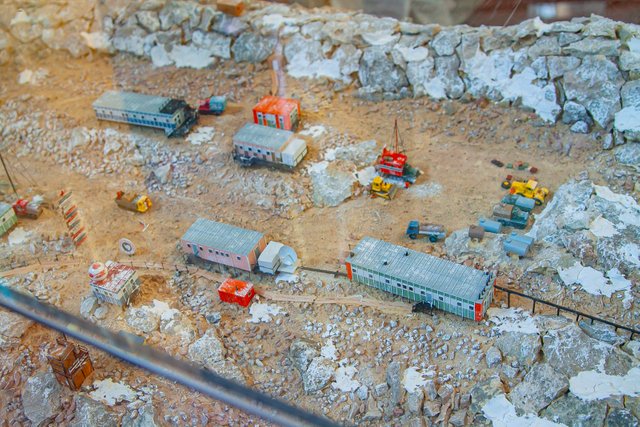
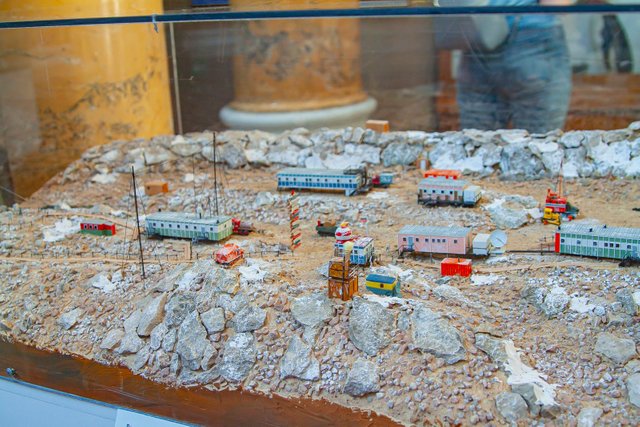
Если говорить в целом, объём экспозиции очень широкий. Я уже рассказывал о подлинных инструментах и приборах, которые когда-то были установлены на кораблях, о флоре и фауне Арктики и Антарктики. Кстати, здесь есть настоящие карликовые сосны и карликовые берёзы, которые растут за северным Полярным кругом.
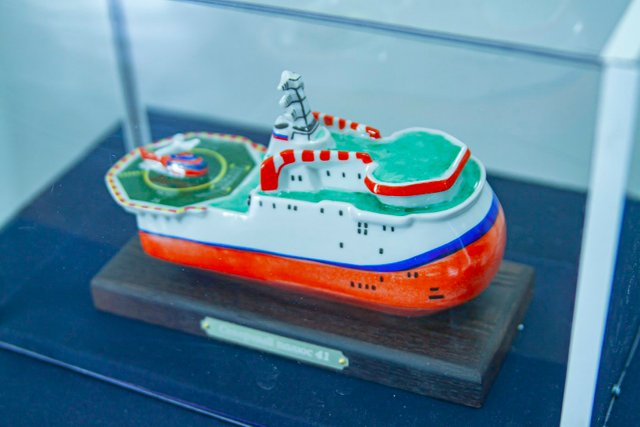

Если смотреть внешне, то это самые обычные растения, с тем же хромосомным набором, но под воздействием холода и снега они превратились в крошечные деревца ростом не более полуметра. Если не знать, что это за растения, в полярной пустыне их можно принять за траву или мелкий кустарник.
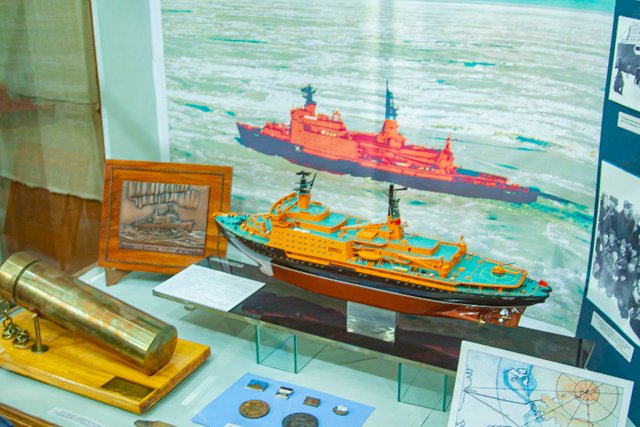
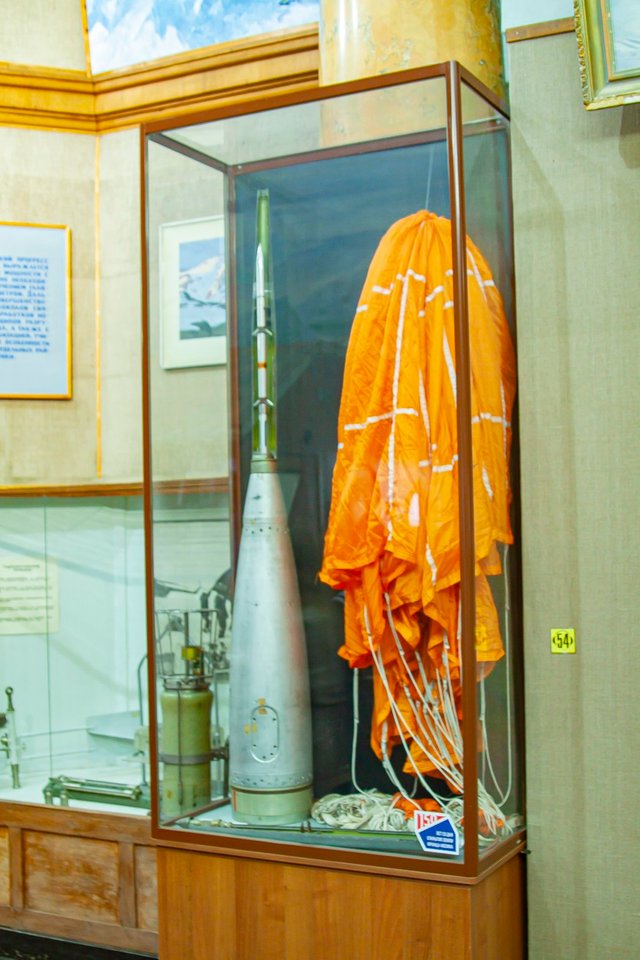
В Антарктической зоне музея есть очень красивые диорамы. Они похожи на те, которые есть на первом этаже музея, но на некоторых обозначены полдлёдный океан. Что касается флоры и фауны антарктического полюса, здесь гораздо болшее разнообразие видов. На одном из стендов я обнаружил макет - участок морского дна. Оно чем-то напоминает коралловый шельф, хотя никакие кораллы, конечно же, в Антарктике не водятся - там совсем другие виды животных и растений форимруют дно океана.

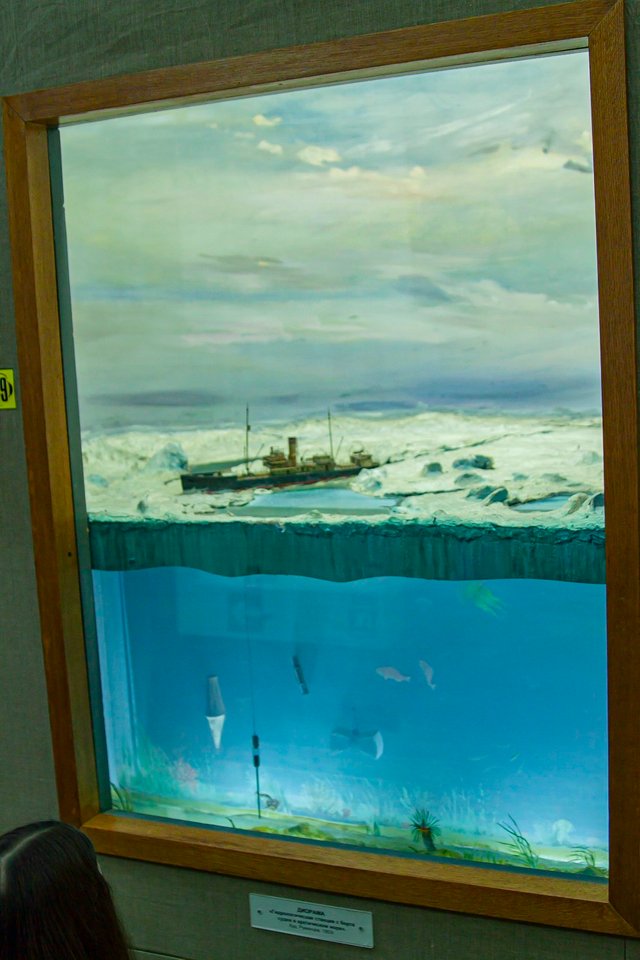
Антарктические станции уникальны по своей сути. Так как Антарктида - исключительно мирный континент, здесь расположены станции разных стран мира. Все они сугубо научные. Есть даже такие, на которых проходят испытания будущих экипажей для космических перелётов к Марсу.
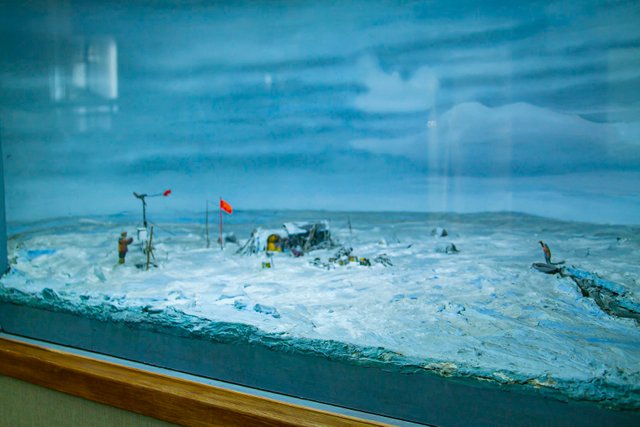
Из музея мы с дочкой вышли под большим впечатлением. Если честно, я даже не знал, что в Петербурге есть такая выставка. В тот день мы ещё каое-то время гуляли по городу, потом зашли в один из университетов. О наших дальнейших приключениях в этом замечательном городе читайте в самое ближайшее время. А на сегодня у меня всё!
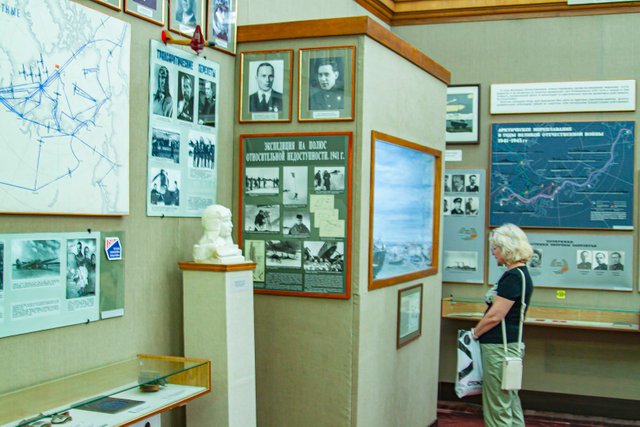

Hi, @yurche,
Your post has been manually curated!
Downvoting a post can decrease pending rewards and make it less visible. Common reasons:
Submit
Had to resteem your post, so that I can read it in my future. Decided to read all the episode. I found it very very interesting. Want to give you a very big Thank You, Sir for sharing this here.
Downvoting a post can decrease pending rewards and make it less visible. Common reasons:
Submit
Thank you dear feiend! Read and be happy!
Downvoting a post can decrease pending rewards and make it less visible. Common reasons:
Submit